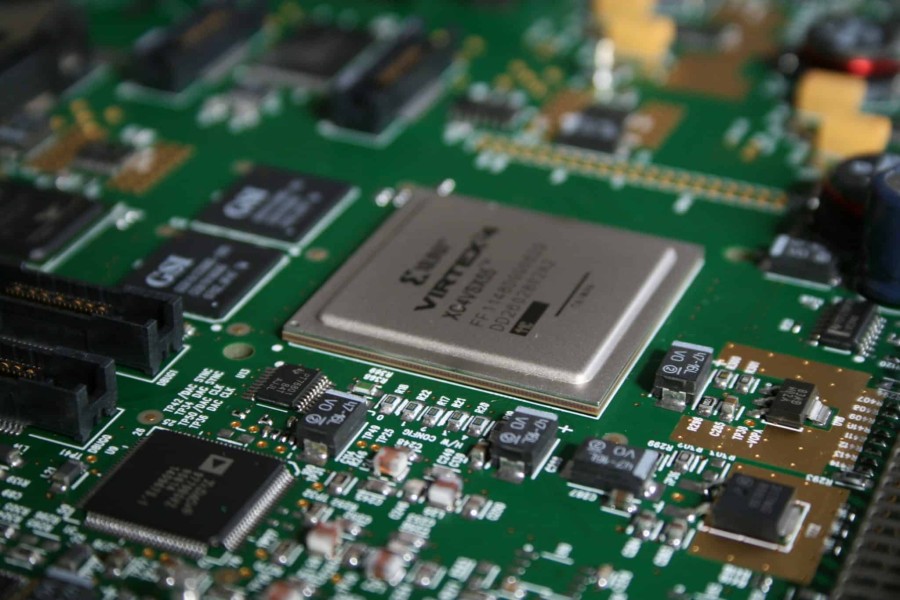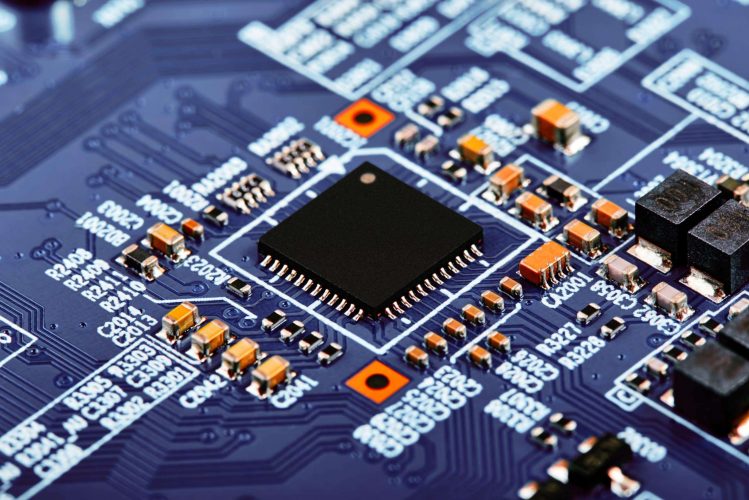IPC Assembly Standards:
IPC has developed a set of standards specifically focused on the assembly process of printed circuit boards (PCBs). These standards provide guidelines and requirements for various aspects of PCB assembly. Here are some of the key IPC assembly standards for PCB manufacturing:

IPC-A-610: Acceptability of Electronic Assemblies - This is the most widely used standard for the acceptability of electronic assemblies, including PCBs. It provides criteria for evaluating the quality and acceptability of soldered connections, component placement, and other aspects of PCB assembly.
IPC-J-STD-001: Requirements for Soldered Electrical and Electronic Assemblies - This standard specifies the requirements for soldered electrical and electronic assemblies. It covers soldering processes, materials, and inspection criteria for through-hole and surface mount technologies.
IPC-A-620: Requirements and Acceptance for Cable and Wire Harness Assemblies - Although primarily focused on cable and wire harness assemblies, this standard also includes requirements for PCB assembly processes related to cables and harnesses, such as connector installation and soldering.
IPC/WHMA-A-620: Requirements and Acceptance for Cable and Wire Harness Assemblies - This is a joint standard developed by IPC and the Wire Harness Manufacturers Association (WHMA). It provides requirements and acceptance criteria for cable and wire harness assemblies, including PCB-related processes.
IPC-7711/7721: Rework, Modification, and Repair of Electronic Assemblies - This standard provides guidelines and procedures for rework, modification, and repair of electronic assemblies, including PCBs. It covers various repair and rework techniques, such as component removal and replacement, soldering, and surface mount pad repair.
IPC standards for PCB assembly provide a framework for ensuring quality, consistency, and compatibility in the manufacturing process. They help manufacturers and assemblers produce reliable, high-quality PCB assemblies while reducing costs and improving customer satisfaction:

Quality Assurance: IPC standards provide guidelines and criteria for evaluating the quality and acceptability of PCB assemblies. By adhering to these standards, manufacturers can ensure that their products meet industry-accepted quality levels, reducing the risk of defects and failures.
Consistency and Compatibility: IPC standards establish common practices and requirements for PCB assembly. This promotes consistency across different manufacturers and ensures compatibility with various fabrication and assembly processes. It helps prevent misunderstandings, reduces design iterations, and streamlines the overall production process.
Design for Manufacturability (DFM): IPC standards emphasize DFM principles, which optimize PCB designs for efficient and cost-effective manufacturing. By following these standards, designers can minimize manufacturing issues, such as signal integrity problems, impedance mismatches, solderability issues, and assembly difficulties.
Industry Recognition and Credibility: IPC standards are widely recognized and accepted in the electronics industry. By adhering to these standards, manufacturers and assemblers can demonstrate their commitment to quality and compliance. It helps establish credibility and trust with customers, suppliers, and other stakeholders.
Improved Communication and Collaboration: IPC standards serve as a common language between designers, manufacturers, and assemblers. They facilitate effective communication and collaboration by providing a shared set of guidelines and terminology. This helps prevent misunderstandings, reduces design iterations, and streamlines the overall design-to-production process.
Cost Reduction: IPC standards help identify and address potential manufacturing issues early in the design phase. By optimizing designs for maneuverability and following the guidelines, manufacturers can reduce the risk of costly rework, scrap, and delays. It ultimately leads to cost savings and improved profitability.
Topfast PCB providing the fast turn PCB assembly service, our services will including the SMT assembly, THT assembly, BGA assembly, box build assembly and other assemblies what you request. You can providing the electronic components by your suppliers, and also can ask us to purchase them for you. We can also supply the PCB manufacturing in a turn-key solution. Any of the special requests, please no hesitate to let us know, we will answer you in a short time.
Address of Plant
PCB Factory:
A1 Building, B Zone, Ditang Industrial Zone, Ditang Road, Shajing Street, Bao'an District, Shenzhen, China
PCBA Factory:
4/F, Building 21, No. 46 Xinye Road, Yonghe Development Zone, Huangpu District, Guangzhou, China
Office Address:
Room 2201-03 & 2206, Building 1, Changfeng International, No. 96, Li Xin 12 Road, Zengcheng District, Guangzhou City, Guangdong Province, China.